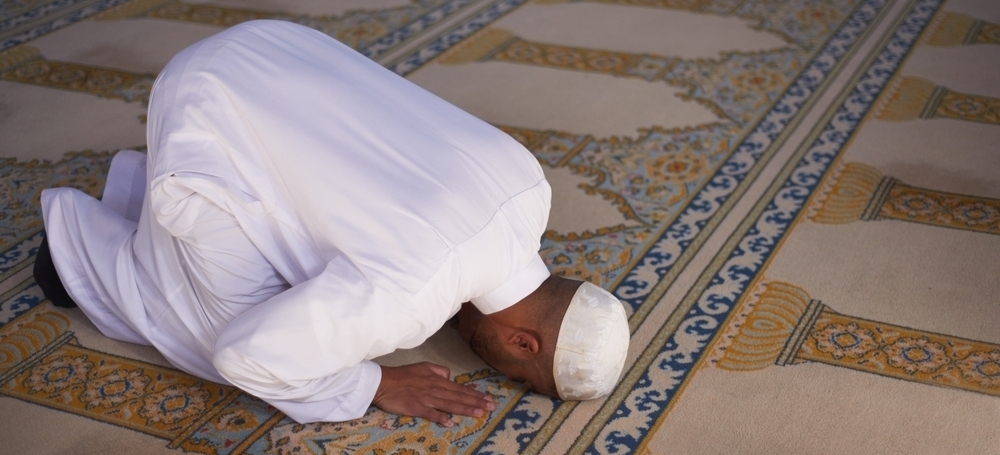Does the Bottom of My Toes Have to Touch the Ground for a Valid Prostration?
Hanafi Fiqh
Answered by Ustadh Sufyan Qufi
Question
Does the bottom of my toes have to touch the ground for proper prostration and prayer?
Answer
The obligation of prostration is fulfilled by simply having the upper part of the feet touching the ground. This is enough to prevent your prayer from being invalid. [Ibn ‘Abidin, Radd al-Muhtar]
Thus failing to have the bottom of your toes touching the ground won’t invalidate the prayer.
The nail of your toe is a part of your toe. Thus having your nail touching the ground means that your toe, but most importantly, your foot, is touching the ground.
Nonetheless, failing to have the bottom of the toes touching the ground and facing the Qibla without a valid excuse is disliked. Praying in a place without enough room to be able to prostrate in an optimum way is a valid excuse. [Ibn ‘Abidin, Radd al-Muhtar]
The reason for the ruling above is that making sure to have your toes facing the Qibla when prostrating is Sunna, not Fard or Wajib and that it is enough for the upper part of the feet to touch the ground to secure a prostration in the physical sense by putting your forehead on the ground, which is what is asked in the Quran. [Ibid]
Allah, Most High, says, “O believers! Bow down, prostrate yourselves.” [22.77]
And Allah knows best.
[Ustadh] Sufyan Qufi
Checked and Approved by Shaykh Faraz Rabbani
Ustadh Sufyan Qufi is an advanced seeker of knowledge, originally from Algeria, who grew up in France. He began searching far and wide for answers to the fundamental questions of life and was disappointed at the answers he found.
Then he connected with various traditional teachers and gradually connected with SeekersGuidance. He embarked on his journey of learning through the various teachers at SeekersGuidance, including his mentor Shaykh Faraz Rabbani.
He studied numerous texts in Islamic Law, Theology, Hadith, and other areas with Shaykh Faraz Rabbani and other teachers, including Shaykh Abdurrahman al-Sha‘ar, Shaykh Ali Hani, and others.
He is an active instructor at SeekersGuidance and answers questions through the SeekersGuidance Answers Service.
